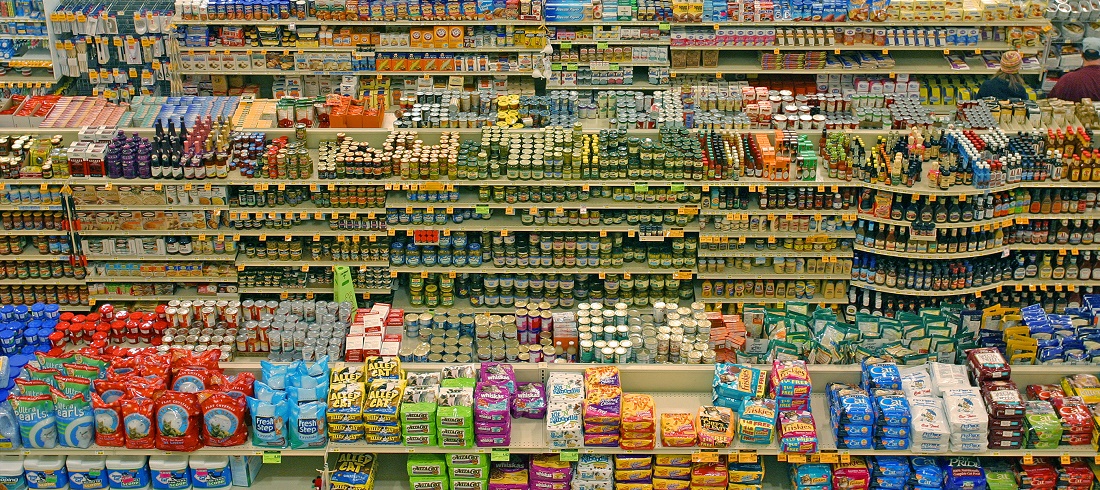
Argentina’s decision to facilitate food imports faces criticism
Mar, 27, 2024 Posted by Gabriel MalheirosWeek 202413
Major manufacturers in Argentina oppose the government’s decision to facilitate food imports to try to lower inflation in basic products.
In February, the monthly rate for general inflation in the South American country stood at 13.2%, contributing to a hike of 276.2% over 12 months, according to the official statistics from INDEC.
Food prices increased 11.9% on average in February and were up 303% in a year.
Economy Minister Luis Caputo said food companies had overpriced items “preparing for an economic catastrophe” and were not lowering them. Inflation has been falling since December.
Instead, he argued, manufacturers were using two-for-one promos and special discounts at supermarkets to unload stock without lowering prices.
Caputo warned businesses he would boost competition in Argentina by facilitating the imports of basic foods. He also requested supermarkets to show lower prices in units instead of implementing discounts.
After those remarks, Argentina’s Central Bank published the 7980 Communication, making the list of imports covered by the new regulations official. It includes meat products, dairy, canned fish, fresh vegetables and breakfast cereals.
The list also featured pasta, biscuits, tea, coffee and beer.
In Argentina, access to foreign currency at the official rate is restricted. However, food importers will receive foreign currency to pay for shipments in a single payment from the Central Bank and within a maximum of 30 days. By contrast, other Argentine importers access foreign currency in four payments and up to 120 days after registering their request.
They will also not have to pay additional value-added tax and other duties for the imported items.
The local industry is not taking these changes well. Rural association Federación Agraria are opposing the measure, saying it is attacking the effects of inflation rather than the causes. “It doesn’t solve the price distortion between the value paid to producers and what consumers pay in stores,” it said in a statement.
“This measure directly harms the small producer, and leaves him without incentives to produce, in an economy that presents exchange rate delays, lack of international competitiveness, high inflation in supplies, fuel and freight, leaving worse conditions to produce.”
Argentina’s largest industrial chamber, UIA, argued the measure leads to unequal treatment on the issue of accessing foreign currency to pay for imports and supplies. No SMEs will benefit from the measure, it said.
The largest food manufacturers chamber, Coordinadora de las Industrias de Productos Alimenticios (COPAL), confirmed to Just Food it met with Commerce Secretary Pablo Lavigne and officials from the Economy Ministry to discuss the changes but will not disclose the results of the encounter until it had held a board meeting this week.
COPAL represents 34 chambers and 2,200 of the largest food and beverage companies in Argentina. Until now, it had publicly backed the country’s new administration, which took office in December. It has supported policies including easing the tax burden on the private sector and labour reform.
Source: Just-food
Click here to read the original article: https://www.just-food.com/news/argentinas-decision-to-facilitate-food-imports-faces-criticism/?cf-view
-
Jul, 10, 2023
0
Wilson Sons announces plans to adopt 100% renewable energy sources at Rio Grande Container Terminal
-
Economy
Jul, 05, 2023
0
Uruguayan exports drop again in June
-
Other Cargo
Dec, 26, 2023
0
Cotton exports by Tecon Salvador grow 156% this year
-
Shipping
Jun, 05, 2023
0
Wilson Sons welcomes new cabotage route to Tecon Salvador

